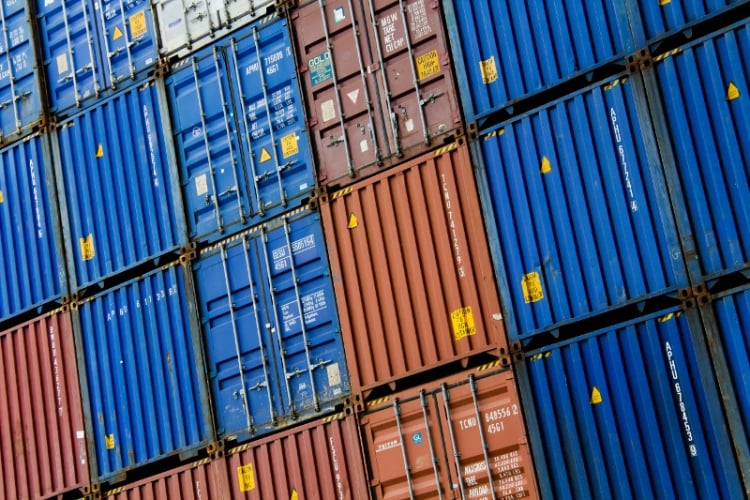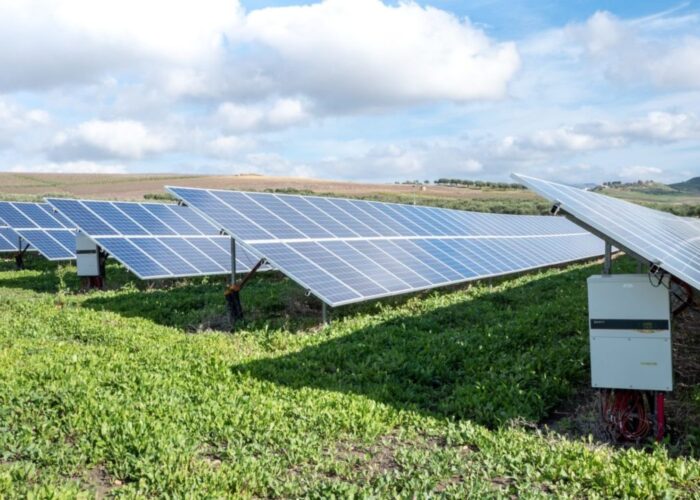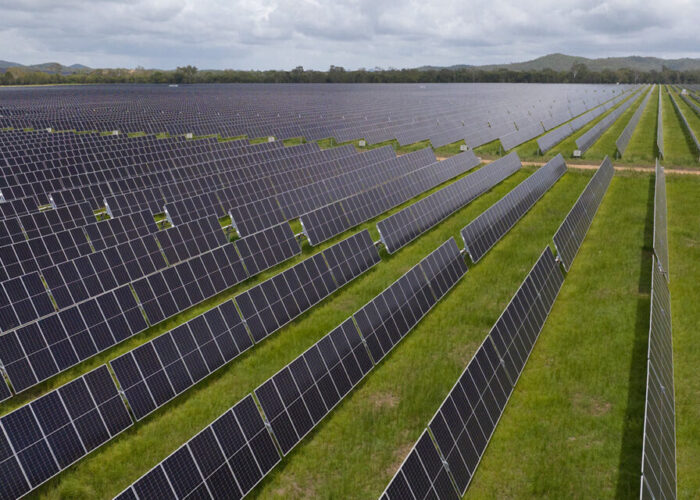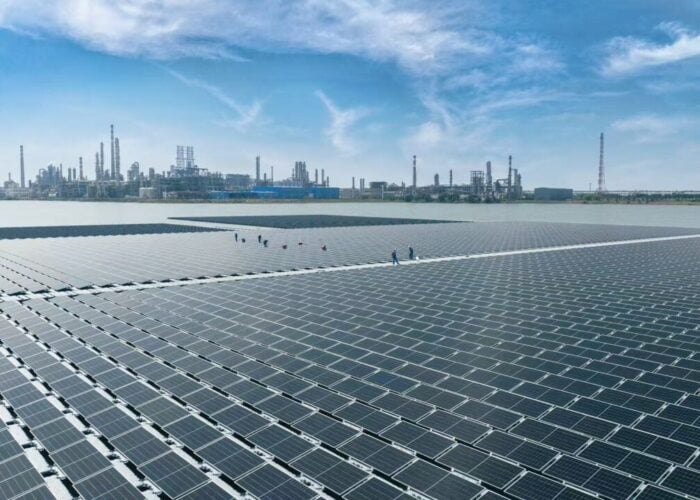
The US’ Uyghur Forced Labor Prevention Act (UFLPA) has come into force today and assumes that any items “wholly or in part” made in China’s Xinjiang region are a product of the region’s alleged labour camps for ethnic minorities, meaning they are prohibited from entering the US.
The law, which has potentially huge ramifications for the US solar sector, is a response to allegations that China is persecuting Uyghurs and other ethnic minorities in the north-western region of Xinjiang, where close to half of the world’s polysilicon is produced.
Unlock unlimited access for 12 whole months of distinctive global analysis
Photovoltaics International is now included.
- Regular insight and analysis of the industry’s biggest developments
- In-depth interviews with the industry’s leading figures
- Unlimited digital access to the PV Tech Power journal catalogue
- Unlimited digital access to the Photovoltaics International journal catalogue
- Access to more than 1,000 technical papers
- Discounts on Solar Media’s portfolio of events, in-person and virtual
On Friday (17 June), the US Department of Homeland Security released a list of entities whose products are assumed to be made with forced labour and are banned from entering the US.
The list includes dozens of companies who are accused of using forced labour or facilitating it and the transfer of people to alleged labour camps in China, including Hoshine Silicon and the Xinjiang subsidiaries of polysilicon makers Daqo, East Hope and GCL.
The key question for the US solar sector, and indeed companies in other regions who export to the US, is how strictly the law will be enforced and the standard of evidence required to pass US Customs and Border Protection (CBP) checks, with an “elevated” standard compared to the existing Hoshine Withhold Release Order (WRO) expected.
On 13 June, CBP issued guidance to importers regarding the standard of evidence needed, stating the Act requires CBP to “apply the rebuttable presumption unless the importer can overcome the presumption of forced labour by establishing, by clear and convincing evidence, that the good, ware, article, or merchandise was not mined, produced, or manufactured wholly or in part by forced labour.”
“This elevated standard will require the importer to not only use due diligence in evaluation of its supply chain, but also to respond completely and substantively to CBP requests for information regarding entries it may review,” the CBP added.
The US ambassador to China, Nicholas Burns, said he had spoken to more than 150 US companies, urging them to work hard to comply with the UFLPA and thanking CBP for its guidance on the matter.
I spoke today with over 150 U.S. companies about the Uyghur Forced Labor Prevention Act, which goes into effect June 21. #UFLPA is U.S. law & must be implemented by importers to the United States. Thanks to @DHSgov & @CBP for their guidance to U.S. firms. https://t.co/s3gDSoeYyO
— Ambassador Nicholas Burns (@USAmbChina) June 15, 2022
Christian Roselund, senior policy analyst at supply chain traceability firm Clean Energy Associates (CEA) said: “This was the outcome that we found most likely and means a de facto ban on cells and modules containing polysilicon from Xinjiang.”
Roselund said most large suppliers serving the US were already using ex-Xinjiang polysilicon and that there was “ample polysilicon for the US and EU markets from other provinces in China”, adding that more non-Xinjiang polysilicon capacity was expected to come online in other provinces in 2023.
Similarly, BNEF said that “most solar wafer manufacturers have already separated supply chains for the US and non US markets, and there is plenty of polysilicon made outside Xinjiang to supply the US market,” according to its head of solar analysis, Jenny Chase, who added that BNEF expects the impact of the ULFPA to be “very limited” unless “proof of origin proves more difficult than anticipated on implementation”.
A “great concern” for the US market, however, is the 13 June CBP guidance that could see the enforcement agency focus on factories with multiple sources of supply, said Roselund, with the CBP increasingly hot on the co-mingling on products from various sources.
“Module buyers could see challenges sourcing modules not only from China and Southeast Asia but nearly all nations. China produces 97% of the world’s ingots and wafers and there are few ingot and wafer factories that currently process only non-Xinjiang polysilicon,” said Roseland, adding that CEA saw the potential for new US-serving ingot and wafer factories in Southeast Asia to process only non-Xinjiang polysilicon to comply with the new guidance.
More to follow…






